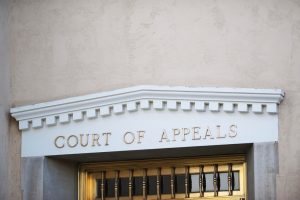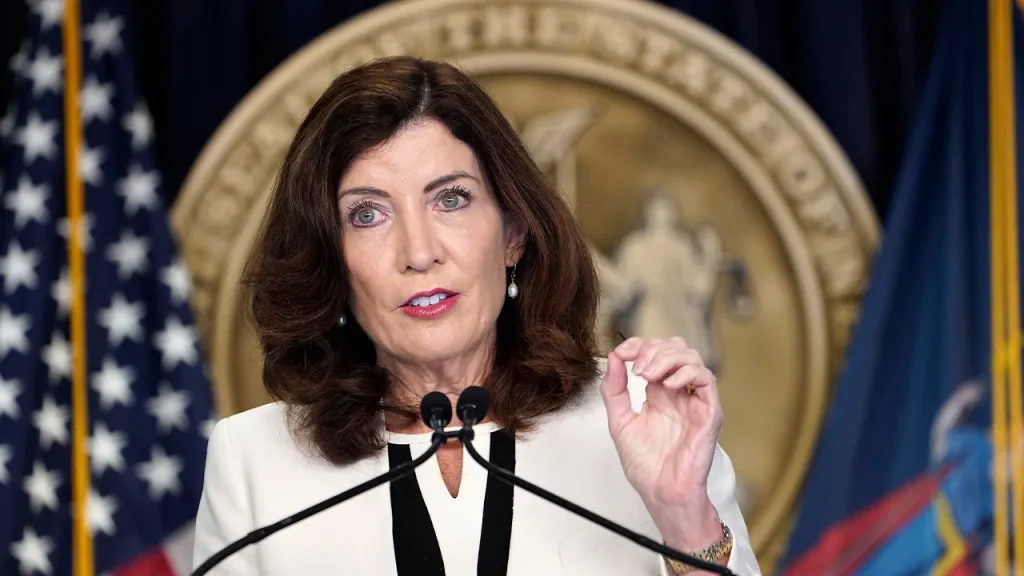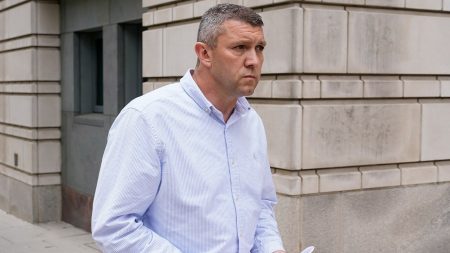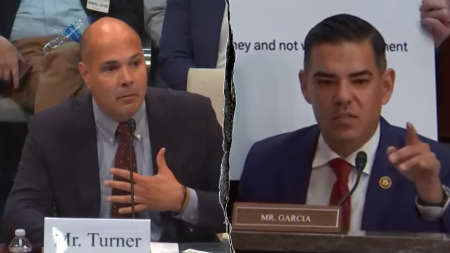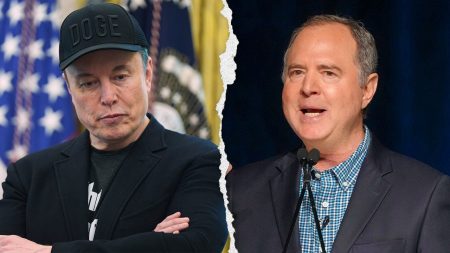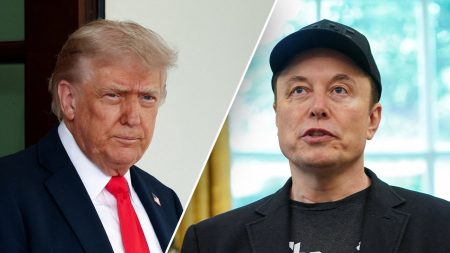The Climate Change Superfund Act, recently signed into law by New York Governor Kathy Hochul, aims to hold fossil fuel companies financially accountable for their contribution to climate change. The legislation seeks to collect up to $75 billion from these companies for pollution dating back to 2000, with the funds earmarked for infrastructure projects aimed at mitigating the impacts of climate change-related weather events. While proponents laud the bill as a crucial step towards environmental justice and fiscal fairness, critics argue that it will ultimately burden working families and businesses with increased energy costs, potentially exacerbating economic hardship in an already expensive state.
At the heart of the debate lies the fundamental question of who bears the financial responsibility for climate change adaptation and mitigation. The Superfund Act places the onus squarely on the fossil fuel industry, arguing that these companies have profited from activities that contribute significantly to greenhouse gas emissions and, consequently, to the escalating costs of climate-related damage. Supporters of the legislation, including environmental organizations like the Natural Resources Defense Council, maintain that it is only fair for these companies to contribute to the solutions, relieving the financial strain on taxpayers and ensuring that those who have benefited from fossil fuels contribute to addressing the resulting challenges.
However, energy experts and economists contend that this approach is misguided and will ultimately backfire. They argue that imposing such substantial financial penalties on energy producers will inevitably translate into higher energy prices for consumers, disproportionately affecting low- and middle-income families. This regressive impact, they warn, could further exacerbate economic inequalities and place an undue burden on those least able to afford it. Moreover, critics fear that the increased costs will drive businesses out of the state, leading to job losses and diminished economic activity.
The debate also highlights the tension between addressing climate change and maintaining economic competitiveness. While acknowledging the importance of adaptation to a changing climate, critics argue that the Superfund Act’s punitive approach is counterproductive. They suggest that incentivizing innovation and investing in clean energy technologies would be a more effective and economically sustainable strategy. Punishing the energy industry, they argue, discourages investment and hinders the transition to a cleaner energy future.
The legislation has sparked a heated political debate, with proponents framing it as a bold and necessary step towards climate justice, and opponents characterizing it as a misguided policy that will harm New Yorkers. Governor Hochul’s decision to sign the bill underscores the growing momentum for holding fossil fuel companies accountable for their role in climate change, but the long-term economic consequences of the legislation remain a subject of intense debate and uncertainty. The contrasting perspectives on the Superfund Act reflect the complex and often conflicting priorities of addressing climate change while ensuring economic stability and affordability for all.
The implementation of the Climate Change Superfund Act will undoubtedly face significant legal and logistical challenges, as the targeted companies are expected to mount legal challenges to the legislation. The process of determining the precise financial liability of each company will likely be protracted and complex. Furthermore, the effectiveness of the legislation in achieving its stated goals of funding climate resilience projects and mitigating future climate-related damage remains to be seen. The long-term impact of the Superfund Act on New York’s economy, its energy landscape, and its residents’ well-being will be closely watched as the law takes effect and its consequences unfold. The debate surrounding the Superfund Act serves as a microcosm of the larger national and global conversation about how best to address the multifaceted challenges of climate change.

